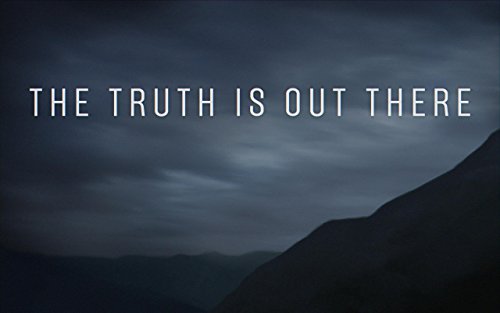“It takes two to speak the Truth – one to speak and the other to hear.”
Thoreau
The tao that can be told
Tao te Ching, verse 1
is not the eternal Tao
The name that can be named
is not the eternal Name.
The unnamable is the eternally real.
Naming is the origin
of all particular things.
Free from desire, you realize the mystery.
Caught in desire, you see only the manifestations.
Yet mystery and manifestations
arise from the same source.
This source is called darkness.
Darkness within darkness.
The gateway to all understanding.
“The teacher told us to one specific thing, but then later on said that’s not what he meant. How can I understand if he can’t even say what he means?”
a friend V, after a challenging silent meditation retreat
V calls me, seeming a bit exasperated or frustrated after a 5 day silent retreat. There were classes and meditations facilitated by a teacher in the vein of classical yoga. Soon it becomes clear to me one source of confusion, but I find it difficult to communicate this. V and I share a common career, where logic and rationality define our work and whether our projects succeed or fail. But V has just spent time in a world where the teachings are not at all governed by logic or rationality, where they can’t even be expressed clearly in words. How to adjust to a world like this? How to absorb and learn?
Context first: In this piece, as with all the writings here, we’re dealing with the world of human experience. We are not limiting ourselves to the world of science or logic, but instead taking a broad view encompassing the whole scope of the human experience. See the piece ‘Life and the Playing Field‘ for the importance of this difference. OK, with that context set:
There is, or at least there ought to be, a world of difference between what is meant by “a fact” and “a truth”. Let’s begin with definitions:
Fact: a thing that is known to be true, especially when it can be proved
Truth: the true facts about something, rather than the things that have been invented or guessed
Oxford English (American) Dictionary
That seems circular and not very useful so far. The definition for ‘fact’ includes ‘truth’ and the definition for ‘truth’ includes ‘fact’. So we need to reach further. Let’s elaborate on each word, concentrating on the differences as they’ve made themselves known to this person. It’s useful to do this so that Truth can emerge as something independent from and not tied down to science, logic, mathematics, or language.
Fact
Facts are objective statements that can be proven with logic, reason, mathematics, the scientific method, and measurement of the physical universe we seem to be in.
Truth
Truth may encompass Facts, or it may not according to the approach of Vedanta. But the domain of Truth is much broader. Truth refers to that which is correct from the perspective of human experience. Often Truth cannot be expressed clearly in spoken or written language, for language is the domain of Facts.
Vedanta says that the Truth is that which is correct in all conditions, in all places, all times, even outside of this universe where there is no place and no time. I think this is a restrictive definition, but very useful in how it points beyond the material universe.
The spiritual search for Truth can then be seen as searching for something beyond the physical, beyond that which appears here and now.
Soon it may be too many words, and a vain attempt to logically define an illogical Universal Truth. So let’s move on to examples. Here are some statements that point toward Truth, whatever their grammatical meanings or logical flaws may be:
- God is Love
- You are God
- Your soul is infinite and immortal
- The future and past do not exist on their own
- Life is a dance
- There is a pattern to the Dance of Life
- It is our purpose to understand our true nature
The spiritual quest is a search for Universal Truth. All the things people want when they turn to meditation can be found through connecting with Truth.
